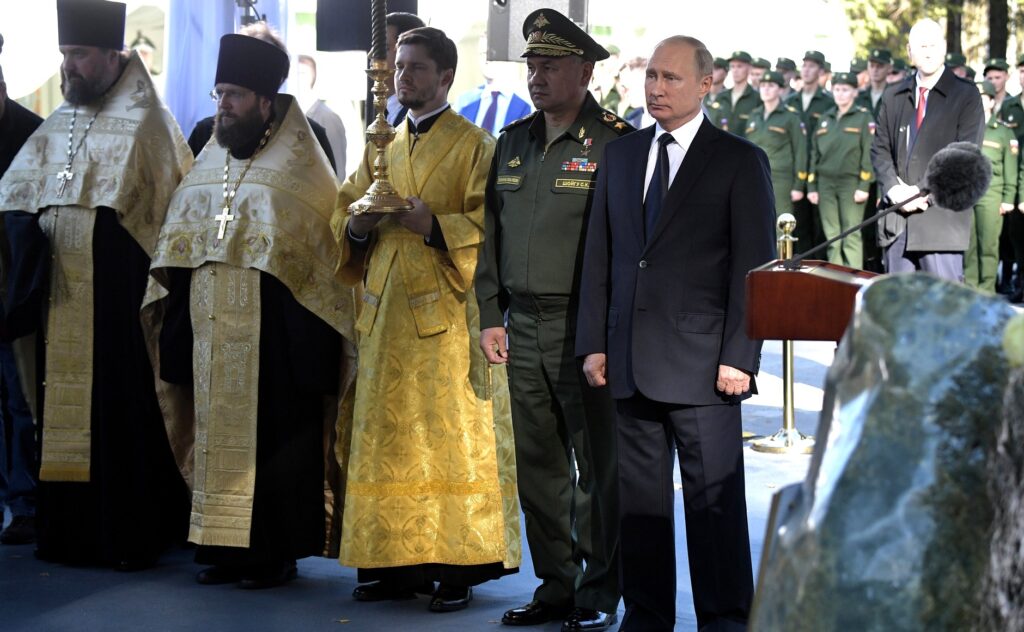
Amid all the horror, the Russian invasion of Ukraine has had one cleansing effect. The self-satisfied notion that the West is Christendom and that our democratic and liberal values are rooted in Christianity is taking one hell of a beating.
As it turns out, the greatest threat to the ‘Christian’ West comes from Russia, whose imperialist expansion into historically Christian Ukraine and the attendant crimes against humanity are supported with ghoulish enthusiasm by the Russian Orthodox Church. Russia’s contempt for the supposedly religiously inspired values of democracy and freedom depends for its ultimate triumph on evangelical Christian voters returning Donald Trump to power in the 2024 US presidential election. Once in the White House, Trump has made it very clear that he will cut off support for Ukraine and leave ‘Christian’ Europe to fend for itself.
In other words, a victory for evangelical Christians’ preferred candidate will ensure the defeat of the values of the supposedly Christian West. Surely (and finally) we can now dispense with a version of Christian identity politics that has always been flattering and foolish in equal measure.
The argument that ancient cultural identities would be the primary source of conflict in the post-Cold War world came from Samuel P. Huntington’s ‘clash of civilisations’ hypothesis. Western civilisation, he maintained in 1992, was built by Christianity in its Catholic and Protestant variants. It covered the United States and Canada, Western and Central Europe, Australia, and Oceania, but not, strangely, Catholic South America. The West and its values were incompatible with the world’s other civilisations, most notably Islam.
‘The most important distinctions among peoples are [no longer] ideological, political, or economic,’ Huntington declared. ‘They are cultural.’
Cultural determinism had a huge appeal after the failure of the Western interventions in Iraq and Afghanistan. Otherwise respectably liberal people held that democracy and human rights were not for Muslims. Islamic culture could not handle them. Look at the Muslim Middle East, we were told. Only Tunisia was a democracy, and a visibly failing democracy at that.
Equally, Huntington held that the Orthodox Christian world was also condemned to be in an inevitable conflict with the Protestant and Catholic West. Huntington’s ideas did not directly inspire the revival of Russian illiberalism and imperialism—a foreign intellectual could never hold such power. But his emphasis on the role of religion and his notion of a separate Orthodox civilisation led by Russia appealed to Putinists for all the obvious reasons.
And yet today Russia, an Orthodox-dominated empire, is invading Ukraine, the cradle of Russian Orthodoxy. The Orthodox world is fighting a civil war.
The notion that liberal democracy is only for Westerners and is the product of specifically Western religious traditions has always been asinine, however plausible it may have seemed in the early twenty-first century. Japan and South Korea are part of ‘the West’, after all. Far from being a sign of democratic solidarity, Christian identity politics has become the friend of every enemy of Western democracy.
Before I go further and explain why, I need to introduce a plethora of caveats. I am not talking about, let alone criticising, the majority of European Christians, who are as likely to support liberal ideals as anyone else. I am not finding fault with this aspect of Lutheran doctrine or that Vatican pronouncement. Cultural determinism is as wrong when it is used to maintain that religion poisons everything (as the late Christopher Hitchens used to say) as it is when it is used to announce that Christianity blesses everything and has given us democracy, feminism, human rights, and all that is good and lovely in the world. Totalising explanations always fail. They cannot handle complexity.
Ayaan Hirsi Ali recently made my point for me. Last November, the former atheist announced her conversion to Christianity and unintentionally revealed the fatuity of Christian identity politics as she did so. Any genuine Christian reading the articles and interviews that accompanied her conversion would notice there was no embracing of the Nicene creed; no declaration that Hirsi Ali now believed in one Lord, Jesus Christ, the only Son of God, eternally begotten of the Father.
She spoke of a personal crisis and of finding ‘life without any spiritual solace unendurable’. But she made clear that her conversion was rooted in political rather than religious belief.
Hirsi Ali saw Christianity as a political identity. ‘Liberalism is rooted in Christianity,’ she declared at one point. It was a bulwark against China, Russia, and Iran, and an antidote to her ideological pet hates. ‘We can’t fight woke ideology if we can’t defend the civilisation that it is determined to destroy,’ she wrote. ‘And we can’t counter Islamism with purely secular tools.’
Citing Tom Holland’s claim in his 2019 book Dominion that Western morality, values, and social norms are ultimately products of Christianity, the former atheist said that she had realised that Christianity was the source of Western safeguards for freedom and dignity. ‘All sorts of apparently secular freedoms — of the market, of conscience and of the press — find their roots in Christianity,’ she continued. To believe in freedom and to defend it one ought to be Christian.
Ayaan Hirsi Ali has shown extraordinary courage in standing up to the threats of radical Islamists. Tom Holland is the nicest and most intellectually generous historian I have met.
But this is hopeless stuff. In much of Europe the struggle for human rights, which Hirsi Ali presumably admires, was in part a struggle over state religion. The Enlightenment was a reaction against the bigotry and slaughter of the European wars of religion. To this day French liberals insist on defending secularism because they remember the arbitrary power of the Catholic church and fear the arbitrary power of Islam. The drafters of the US constitution wisely prevented the state from passing any law affecting religious worship and belief because they wisely feared the power of the religious persecution. It is not just that so many Western freedoms originated in the anti-clerical struggles of the Enlightenment – and it is ridiculous to say that they are nevertheless still somehow ‘Christian’ freedoms – but that the argument is circular. If everything comes from Christianity, even freedoms that were achieved in opposition to the constraints of state religions, then there can never be real change in the world. If everything comes from Christianity, then religion is stretched so thinly that it all but vanishes, as it clearly has in Hirsi Ali’s strangely faithless conversion. If everything is Christian, then nothing is Christian.
The worst of it is not the determinism but the complacency – the idea that, while we in the West have our human rights and democracies, the rest of humanity, alas, is doomed by culture and history to never enjoy our advantages. Sad, but once you are on the wrong side of civilisation’s clashes you can never escape your cultural destiny. It is the conservative’s version of the woke left’s cultural essentialism.
Few people can go along with Hirsi Ali’s argument today. Those that do will be on the right or the extreme right. Liberal Christians or those who identify with the Christian tradition, such as Tom Holland, see democracy and human rights as flowing from Christian beliefs. But Christians with actual power are making a nonsense of their argument.
A Trump victory would lead to a Russian victory in Ukraine and the unravelling of European security. If this happens, the very Christians that Huntington, Hirsi Ali and Holland believe to be the providers of Western values will have destroyed Western culture.
In the 2020 presidential election, 81 per cent of white evangelical Protestant voters backed Trump, and they did so fervently. When Trump first appeared in 2016, you could have argued that the relationship between Christian conservatives and a politician who was not remotely religious, and who had committed all the sins known to scripture, was merely transactional.
Christian voters held their noses in return for Trump appointing judges who would impose their religious prejudices, most notably concerning abortion, on the rest of the United States.
But any sense that this was a marriage of convenience has long gone. Evangelical Christianity has embraced Trump and gone along with his every assault on the US Constitution. And two religious factors that Christian apologists rarely mention or even think about explain this righteous love for a pagan candidate: apocalyptic millenarianism and theocracy.
Tim Alberta, a staff writer at The Atlantic and the author of The Kingdom, the Power, and the Glory: American Evangelicals in an Age of Extremism,explains both well. Alberta, an evangelical Christian himself, talks of the end-of-days mood in American evangelicalism. As he explained in an Atlantic interview, many evangelicals believe that ‘the barbarians are at the gates, and that if we don’t do something about it now, then this country, this ordained covenant country that God has so uniquely blessed, that we’re going to lose it—and that if we lose it, it is not just a defeat for America; it’s a defeat for God himself.’
Alberta is telling us what we already know. American Christianity, at least in its white evangelical Christian form, is not the shield of the West. If anything, religious conservatives admire Putin and celebrate his homophobia. In the words of Steve Bannon, the Machiavelli of the far right, the US should support Putin because ‘he’s anti-woke’. The real enemy of the Christian right is not Russia or China or Iran but the American left. This is why, to use Alberta’s phrase, we see today a ‘fanatical, cult-like attachment to Donald Trump in some quarters of the evangelical universe.’ Trump will destroy the left, or so he says, and that is all that matters.
And if the left’s destruction means taking down American democracy, denying the verdicts of lawful elections and storming Congress, so be it. Extreme religious belief makes assaults on the Constitution easier. The faithful are obeying the Lord’s commands and they do not admit the right of any earthly constitution or ballot to restrain them. Hirsi Ali and many others fail to draw the parallels with the woke movement they deplore. To the worst type of progressive the West is the sole source of global oppression. Whiteness and Eurocentric beliefs are sins. And yet in the US Christian conservatives, who are spurred on by their opposition to progressive authoritarians, are no more willing to defend the West than their left-wing enemies.
This year will be a decisive year for the West. One way to get through it would be to end our self-serving and flattering cultural exceptionalism. The enemies of democracy are not only to be found in foreign tyrannies, they are among us. And the more devoutly they claim to uphold Western Christian values, the more likely it is that they are willing to subvert Western civilisation.


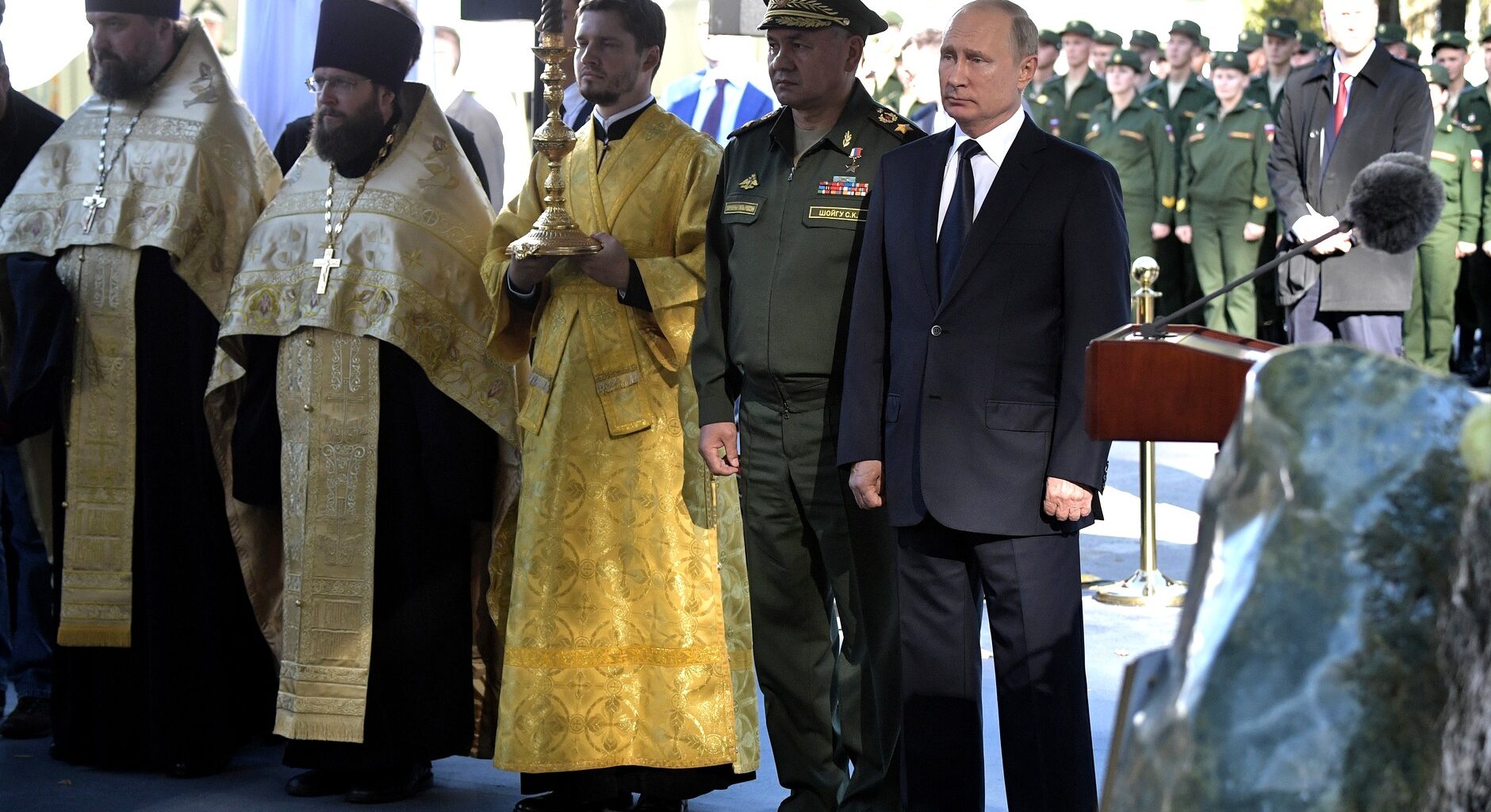

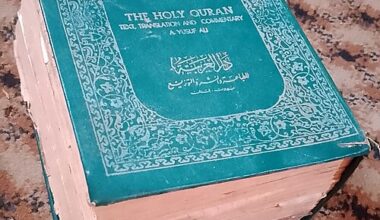


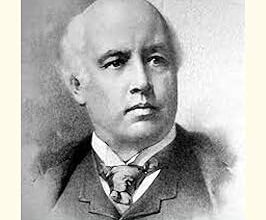
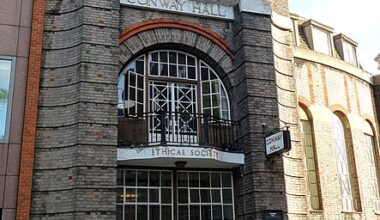
1 comment
The West was quite barbarous from Christianity’s beginning. This began to change decisively only around 1665 when Spinoza cut the legs from under Scriptural religion with his Theological-Political Treatise (TTP). Along with arguing for democracy, freedom of thought, freedom of religion, and freedom to publish, the TTP championed the exclusion of religion from government. This was the great focal point of Enlightenment values. Church and crown have been receding ever since.
Your email address will not be published. Comments are subject to our Community Guidelines. Required fields are marked *
Donate